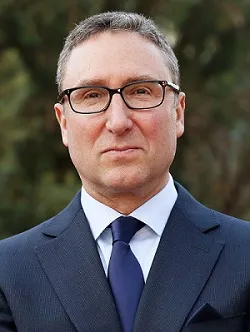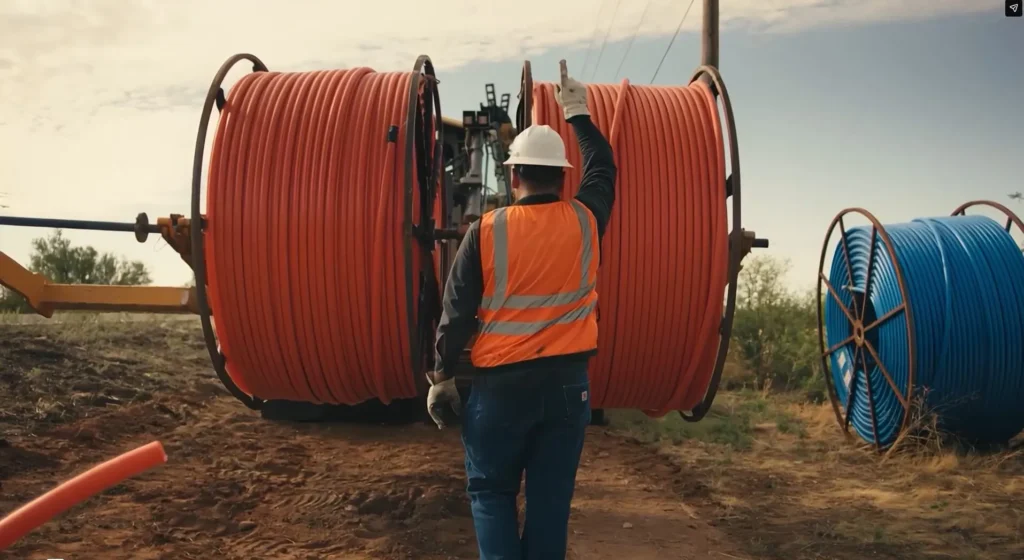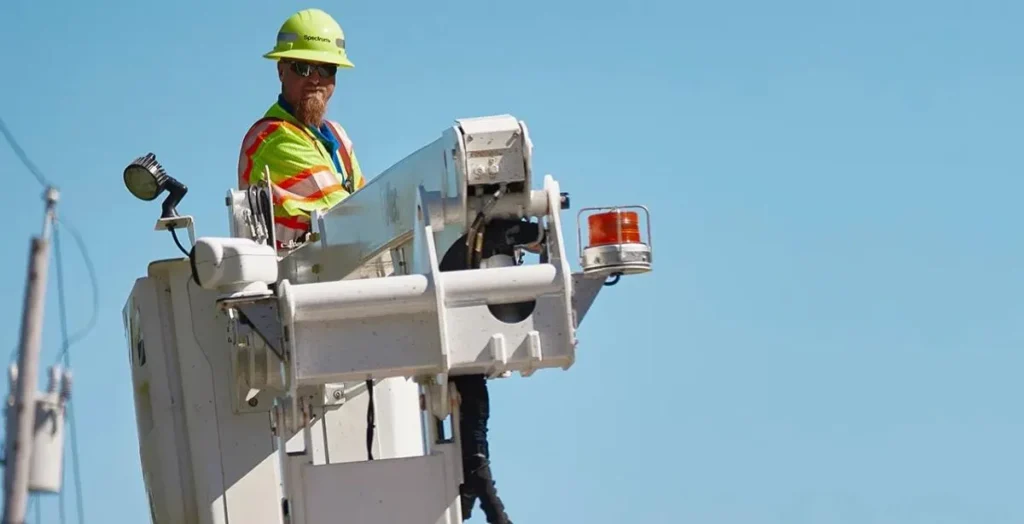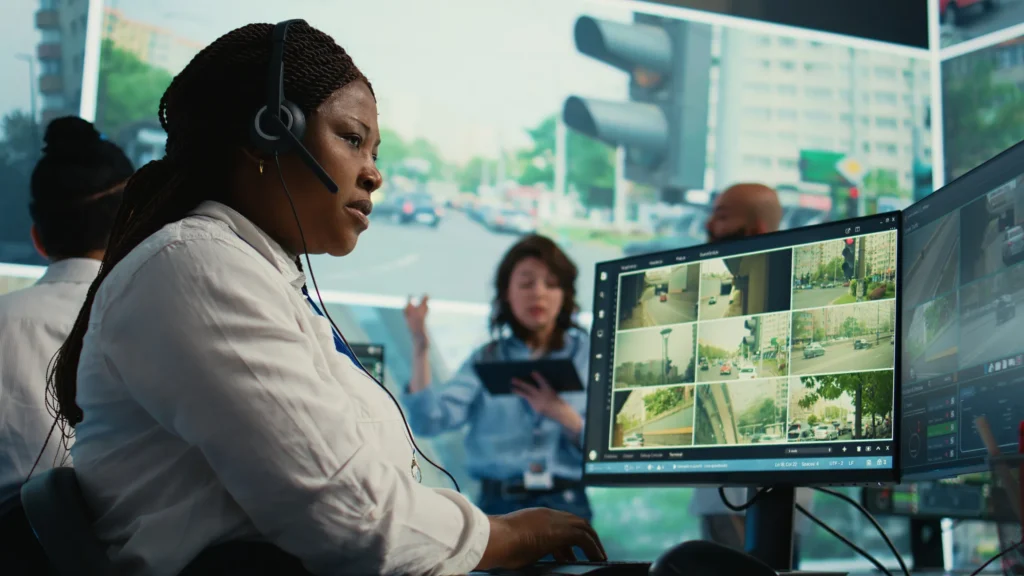Cable has long been telling stories that not only entertain and inform, but that challenge the status quo and ultimately lead to encouraging cultural shifts in our society. But powerful programming is only possible if it speaks to the many demographics and perspectives that make up America’s viewership, and often it’s those stories that don’t usually see enough screen time that make all the difference.
One network that has prided itself on telling those stories is Starz. Starz is known for some of its hit shows like Power, the second-most watched series on cable behind Game of Thrones last year, and which targets an African-American audience. The network has also gained recognition for the strong female-centric plots found in Outlander and The White Princess. The network, launched in 1994, underwent a shift in programming when CEO and President Chris Albrecht took the helm in 2010. In a Q&A with NCTA, Starz President of Programming Carmi Zlotnik shared more about Starz’s shift towards diverse storytelling, the strategy behind the network’s programming choices, and why it’s important to seek out these kinds of stories:

How has Starz evolved, both as a network and in its programming?
We have evolved both technologically and creatively. Technologically, we’ve developed an app and we have all these relationships with different digital affiliates, but on the programming side we’ve been very targeted and strategic in how we approach the marketplace. What we realized is there was an opportunity in what we call “superserving the underserved.” This means that we look to tell stories about people who don’t have stories being told about them or programming being generated for them. One of the first places where we saw that work was with our show The White Queen, where we realized that women were hungry for stories that had a strong female lead. The success from that comes from honoring the work of the author, delivering authenticity for the fans, and just being brave and bold with our choices about how to do that.
How do you respond to what your audience is looking for in terms of programming?
It’s something that we’re looking at constantly. We get feedback from the audience in several different ways, but social media has become a really important way for us to understand what the audience is saying and thinking about our shows. But as much as we listen, we also realize that the role of art is not to be just “order takers.” You can’t take a bunch of things that people suggest and somehow genetically engineer that to a show. There’s a bit of magic and artistry in putting together new elements and new ways to create something that is distinctive. And that, we feel, is the value of art–to toe you past the banal and the trite and the commonplace and to show you not what you think you want, but what you didn’t realize you needed.
What is behind the network’s strategy in telling diverse stories?
It’s about looking for stories that are inclusive, and that have meaningful and interesting themes in them. One of the examples I can throw out is American Gods. I’ve always been a fan of Neil Gaiman’s book because it deals with a couple of big ideas. One is that everyone in America is in some degree an immigrant, and another is that everyone is dealing with the loss of the old culture and the old ways, and moving towards the worship of the new culture of technology, media, money and the marketplace. But we went about the show in a way that was sensitive to these issues. The author describes the lead character–Shadow Moon–as racially ambiguous , so we went out and did a lot of casting to find an actor who could be the personification of that definition. We brought Ricky Whittle back a bunch of times. When you see the community– the fanbase– respond with a thumbs up to a casting choice like that, you know you’ve gotten it right.
And when you talk about prioritizing diversity, one way is to make sure you have the right group of people in the executive office. That’s a continual work in progress. We fundamentally believe in this idea of blind spots and the fact that everybody has them. Our job as managers is to not replicate our own blind spots. We hire people who have very different views than we do. Some of them might be younger, some might be of a different sex, or a different race. But replicating our own blind spots is a path to disaster. It’s about making sure you’ve got a composite view of the world, where everybody sees something different. It doesn’t matter if an idea comes from a different department, or from an assistant, or somebody from the outside creative community. We try to be receptive to a good idea no matter where it’s coming from, and making sure everybody is participating in the conversation. That’s the only way we can go about and seize the market opportunities that are out there.
What’s next for Starz? Where do you hope to take the network’s programming in the next several years?
We are looking at the Latino sector, which has real potential, and Middle America, which has not necessarily been ignored, but they are a lower priority for pay tv. So we’re prioritizing those people higher. Whenever we go into new arenas, the first move is to fundamentally study the area, study the people who come out of that specific background who have now become part of the entertainment industry, do our research, talk to the creative community and the agents and do some digging to find out where those people are and where the new voices are. We’ve got some developments in the works that we hope to bring to fruition in the Latino sector and for Middle America. [In fact, the network recently announced Vida, a drama series that will center around two Mexican-American sisters in East Los Angeles.]
What makes Starz unique as a network?
Each of these shows represents a relationship with an audience. That relationship is one we want to continue. We have to keep programming for them, but we also want to include other demographics, and other types of programming. We want to mean more things to more people. That’s the way we evolve our programming. Then from a business standpoint, we want to become more of a talent magnet so that the creative community knows we are a great place to tell stories and that we have great producers who can tackle any kind of project and do it well. We have our own talent development system. When people do well for us, there’s room for future growth. That’s part of the promise that we share with Lionsgate [which is merged with Starz]. They are a TV studio and a movie studio simultaneously, so people can come within the walls of Lionsgate and Starz to branch out and do lots of different things.








